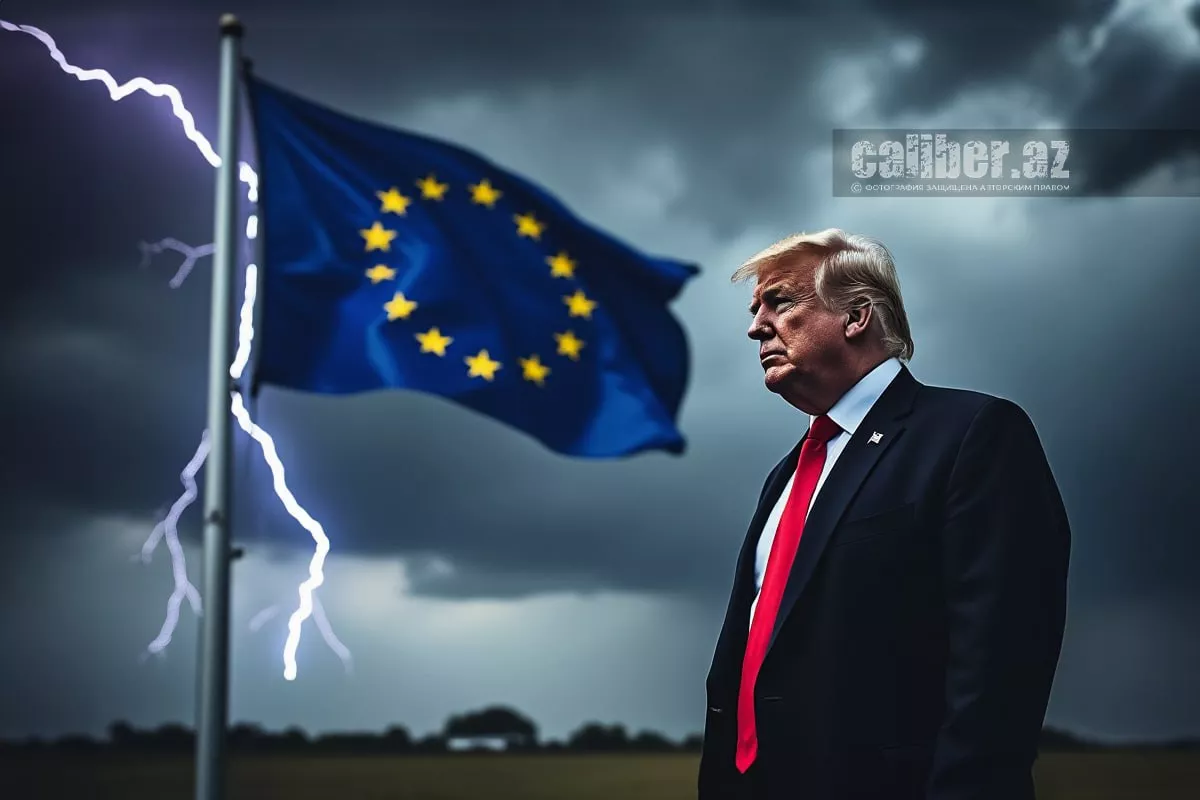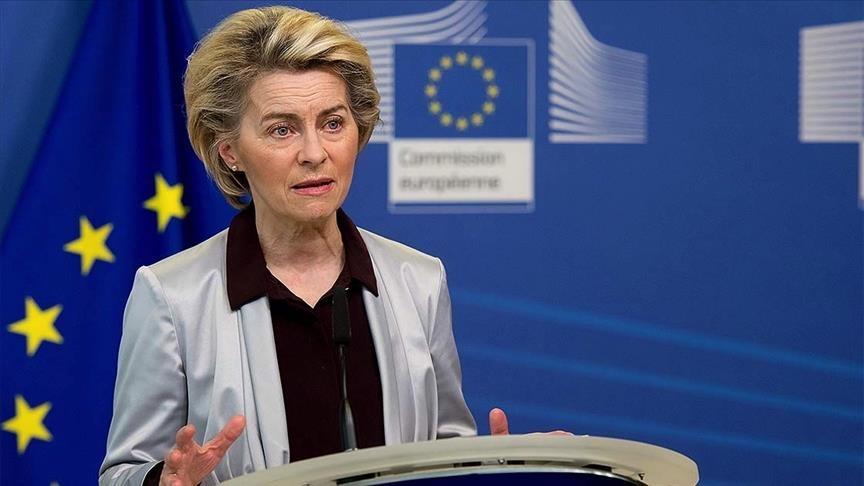EU–China alliance: Building a new WTO to rival the US?
The global trade and economic battles initiated by Washington have significantly reshaped planetary geopolitics. This process was compounded by a historic speech delivered by US Vice President J.D. Vance at the 2025 Munich Security Conference, where he shocked America's European allies by clearly outlining the ideological rift between the United States and the European Union. That moment marked a major geopolitical watershed between these global centres of power—one that European political leaders, having received such a powerful and very public slap in the face (and on their own turf, no less), are unlikely to forget.
Yes, today the two sides seem to be reaching some agreements on problematic issues—as evidenced by the results of the recent NATO summit, which was notably attended by Donald Trump. However, not all the points Brussels had hoped to include in the final communiqué were ultimately reflected in the adopted provisions. This, in turn, confirms the considerable tension that persists between the United States and the European Union.

Against this backdrop, a growing number of analysts have begun confidently forecasting a rapprochement between China and the European continent as a counterbalance to Washington—despite the many contradictions between the two sides. Admittedly, this view has no shortage of critics. Yet regardless of how many support or oppose such a perspective, the end of last week saw EU leaders discuss the possibility of revising the institutional framework of the World Trade Organisation (WTO) during a summit in Brussels.
Perhaps the topic would not have attracted such close attention had it not been for European Commission President Ursula von der Leyen, who brought to the fore a proposal for structured trade cooperation with Asian countries—a move widely seen as a de facto call to create an alternative to the WTO.
German Chancellor Friedrich Merz backed von der Leyen, stating that “the WTO hasn’t worked for years,” due to ongoing issues stemming from the actions of recent US administrations. Following this, the Commission President voiced support for strengthening cooperation between the EU and members of the Comprehensive and Progressive Agreement for Trans-Pacific Partnership (CPTPP)—a regional trade pact that unites 11 Pacific Rim countries and the United Kingdom.
The nuance here is that, at present, China is not a member of this structure, although it does include Canada and Mexico—countries that, regardless of any intentions, can hardly be considered pro-American nowadays. Consequently, these two countries would almost certainly support the creation of a new organisation. As for China itself, on June 19, the country’s Ministry of Commerce announced Beijing’s readiness to join the CPTPP. It was noted that China intends to actively follow high-standard international trade and economic rules, including those of the Trans-Pacific Partnership, steadily expanding its institutional openness and continuing to deepen contacts and exchanges with all members of the agreement in accordance with the relevant procedures.
In this context, Ursula von der Leyen’s remarks about considering this initiative as a potential first step toward “reshaping the global trade order” position the EU and China as key pillars in the emerging new global trade and economic framework. As she put it, the project represents the “beginning of redesigning the WTO,” based on a clear and functioning “free trade based on rules.” When asked about the possibility of Washington’s participation in this initiative, von der Leyen replied that, as she understands it, the United States “left the CPTPP at a certain point.” Short and to the point.

According to some analysts, this issue could become one of the key topics during the upcoming 13th round of the China–European Union Strategic Dialogue, currently taking place in Brussels, with Chinese Foreign Minister Wang Yi participating. Additionally, during his European visit, Wang Yi is scheduled to visit Germany, where the 8th round of the China–Germany Strategic Dialogue on diplomacy and security is expected to be held, as well as France, where he will take part in talks with his French counterpart Jean-Noël Barrot and attend a meeting of the high-level bilateral mechanism for humanitarian exchanges.
According to Chinese sources, this trip by Wang Yi is being made at the invitation of the EU High Representative for Foreign Affairs and Security Policy, Kaja Kallas, as well as the foreign ministers of Germany and France.
It is quite telling that on June 25, during a meeting in Beijing with ambassadors of the European Union and EU member states to China, Wang Yi emphasised that amid accelerating unprecedented changes in the world, the PRC and the European Union—being “two constructive forces”—bear the responsibility and have the capacity to provide valuable stability and certainty amid turbulence. In this light, Beijing and Brussels see the urgent need to strengthen mutual trust and, by joining forces, elevate their comprehensive bilateral strategic partnership to a new level.
Thus, as it appears, Beijing and Brussels are clearly attempting to take steps aimed at uniting efforts to counter potential new moves from Washington that run counter to the interests of China and the European Union. The question remains, however, how successfully they will be able to realise these plans…








